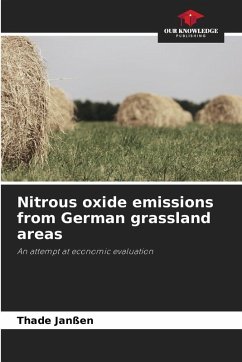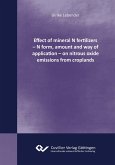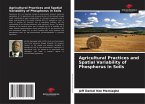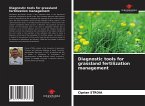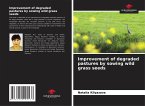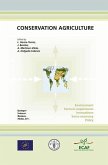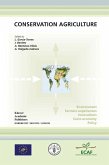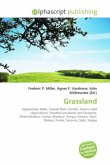More than ten years ago, the Stern Report published the first fundamental basis for the economic assessment of climate change impacts. However, the assumption that the costs of climate change published at the time would lead to massive investments in energy-saving technologies, while politicians would strive for increasingly ambitious climate targets, has only been partially confirmed. Instead, despite some progress, there are still voices in various governments, their advisory bodies and in the scientific community that deny the human influence on the global climate. This paper aims to draw attention to the sometimes immense consequences that can be expected if the internationally agreed climate agreements are not or only insufficiently complied with. The economic analysis of the climate impact of nitrous oxide emissions from grassland provides an ideal basis for this, as the costs can be used to illustrate very clearly what it actually means if too little climate protection is implemented.
Bitte wählen Sie Ihr Anliegen aus.
Rechnungen
Retourenschein anfordern
Bestellstatus
Storno

